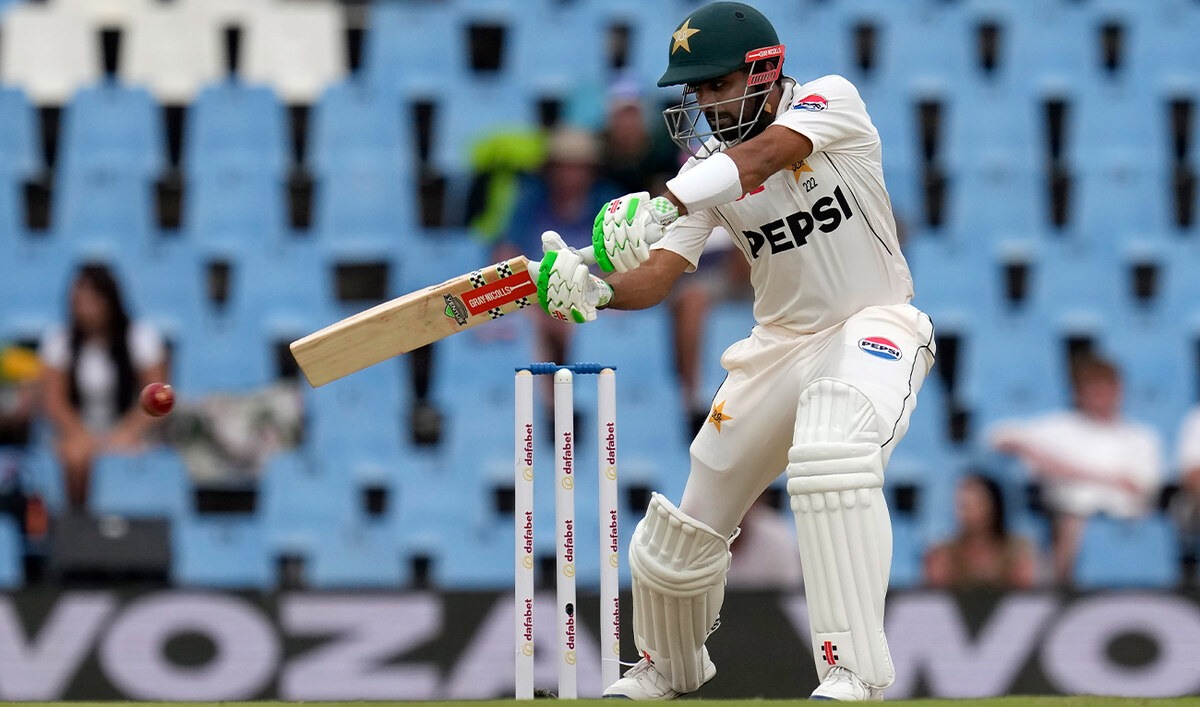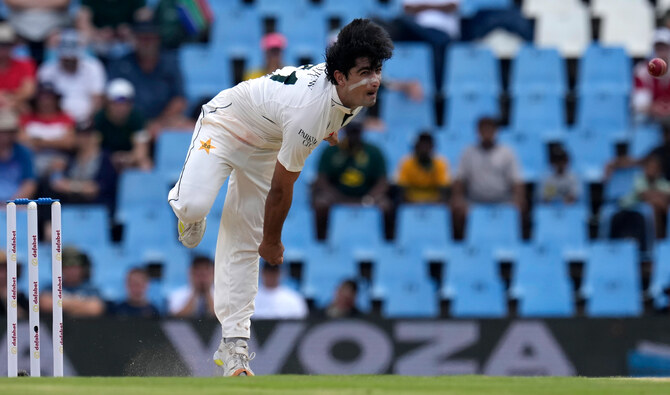ISLAMABAD: Pakistan plans to offers dozens of gas field concessions in the coming year to fill in a fuel shortage, a senior official said, with Islamabad hoping a sharp drop in militant violence and changes to exploration policy will attract foreign investors.
Much of the mineral-rich South Asian nation remains unexplored despite gas discoveries dating back to the 1950s. Conventional gas reserves are estimated at 20 trillion cubic feet (tcf), or 560 billion cubic meters, and shale gas reserves, which are untouched, at more than 100 tcf.
Italy's ENI and U.S. oil major Exxon Mobil are jointly drilling for gas offshore in Pakistan's Arabian Sea, but many other Western companies have not returned after leaving more than a decade ago because of Islamist militant violence.
Nadeem Babar, head of Prime Minister Imran Khan's Task Force on Energy Reforms, told Reuters the government was amending its natural gas regulation and drawing up its first-ever shale gas policy, with licensing rounds to follow later this year.
The government hopes improving security in recent years and the country's extensive pipeline network will attract investors.
More than 30 onshore gas blocks have been identified and the government plans to auction a large chunk of them in one or two licensing rounds by the end of 2019, Babar said in his office in the capital Islamabad.
"I expect in the second half of this year we will be auctioning at least 10, if not 20 blocks for exploration."
Pakistan's domestic gas output has plateaued in the last five years, falling to 1.46 trillion cubic feet in 2017/18, from 1.51 trillion cubic feet in 2012/2013, according to an annual report from the Petroleum Ministry.
This has led to severe gas shortages as Pakistan's population, now at 208 million people, has risen sharply over the same period, driving fuel demand from industries and new power plants higher.
Gas demand was estimated at 6.9 billion cubic feet per day for 2017/18, according to Pakistan's Oil & Gas Regulatory Authority, nearly 3 billion cubic feet more than daily output.
To help plug the deficit, Pakistan has built two liquefied natural gas (LNG) import terminals, and demand is expected to hit 6.97 billion cubic feet a day for 2018/19, and 7.06 billion cubic feet a day in 2019/20.
But LNG is expensive, so Islamabad wants foreign companies to ramp up domestic exploration.
Babar said Pakistan was also drafting its first shale gas policy and it should be finished this year, with a licensing round in the first half of 2020.
One recent study by the U.S. Agency for International Development (USAID) put Pakistan's shale gas reserves at more than 100 tcf in the Lower Indus Region alone, enough to meet current demand for at least a few decades.
One of the keys to developing natural gas production is to give investors affordable and reliable access to a pipeline network, Babar said, and such a plan is being drafted.
"The entire mechanism of how the pipeline system is working today is being is being re-looked at, to make it more deregulated, make it more open access," Babar said.
PROLIFIC BLOCKS & GOOD DATA
Babar said the blocks for auction were "prolific and ... (had) good data", with interested companies including Saudi Arabia's Aramco, Exxon Mobil and Russia's Gazprom.
Only about 4 percent of Pakistan's landmass has been explored, and the success rate, with one out of three wells making a find, is above the international average, he said.
Babar said at least three more offshore blocks have also been carved out near where Eni and Exxon are searching for gas.
"We will be auctioning those ... probably next year."
To address security concerns, Babar said a military or a paramilitary unit will be created to guard companies that are exploring in the riskier parts of Pakistan, with the companies paying the costs.
"A mechanism like what was done in CPEC will be developed," Babar said, referring to a 15,000-strong army division set up to safeguard Beijing-funded infrastructure projects in the China-Pakistan Economic Corridor (CPEC).
Pakistan also plans to introduce measures that ensure auction rights are unaffected by government or policy changes, to give investors greater regulatory certainty.


















